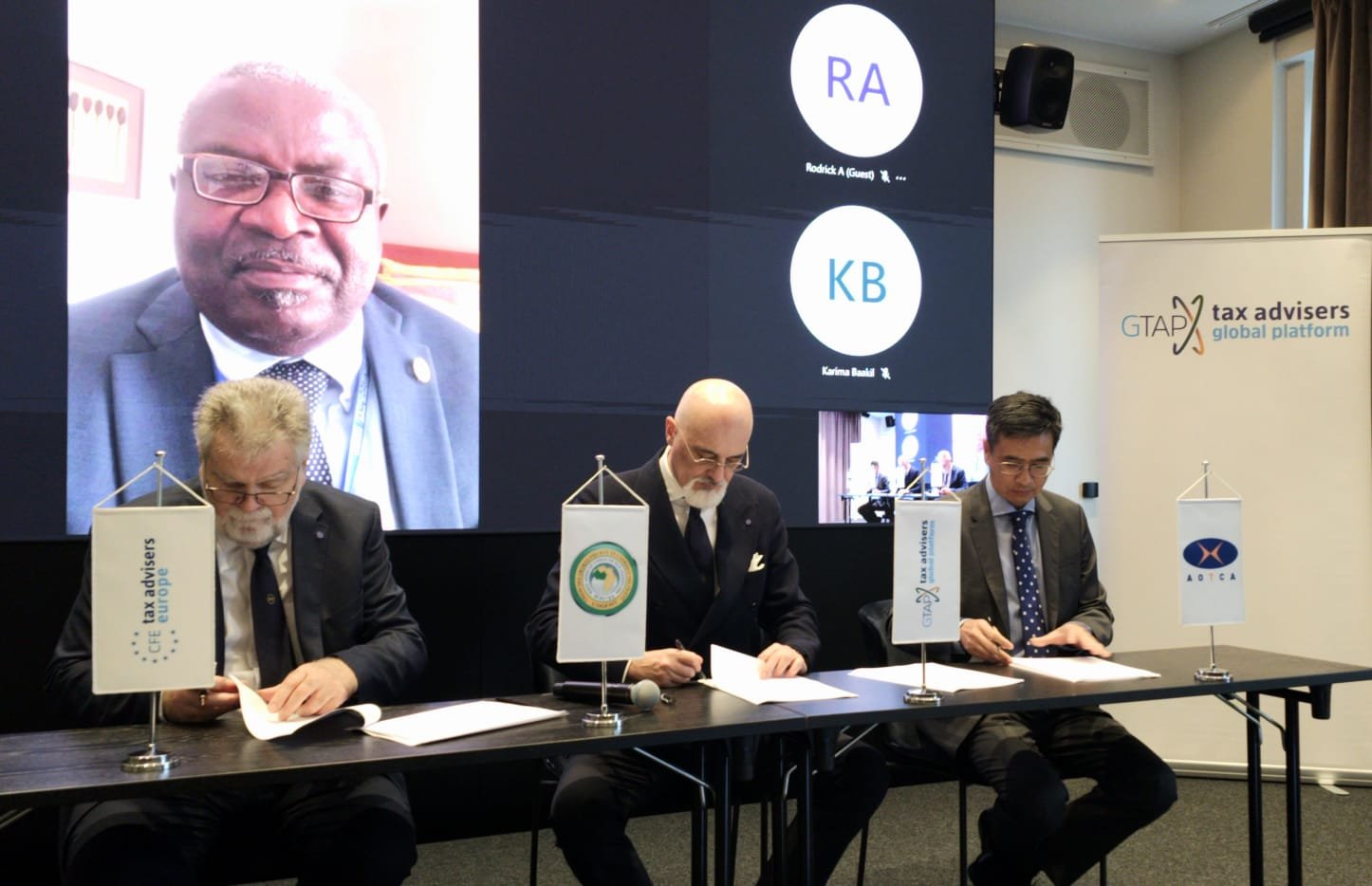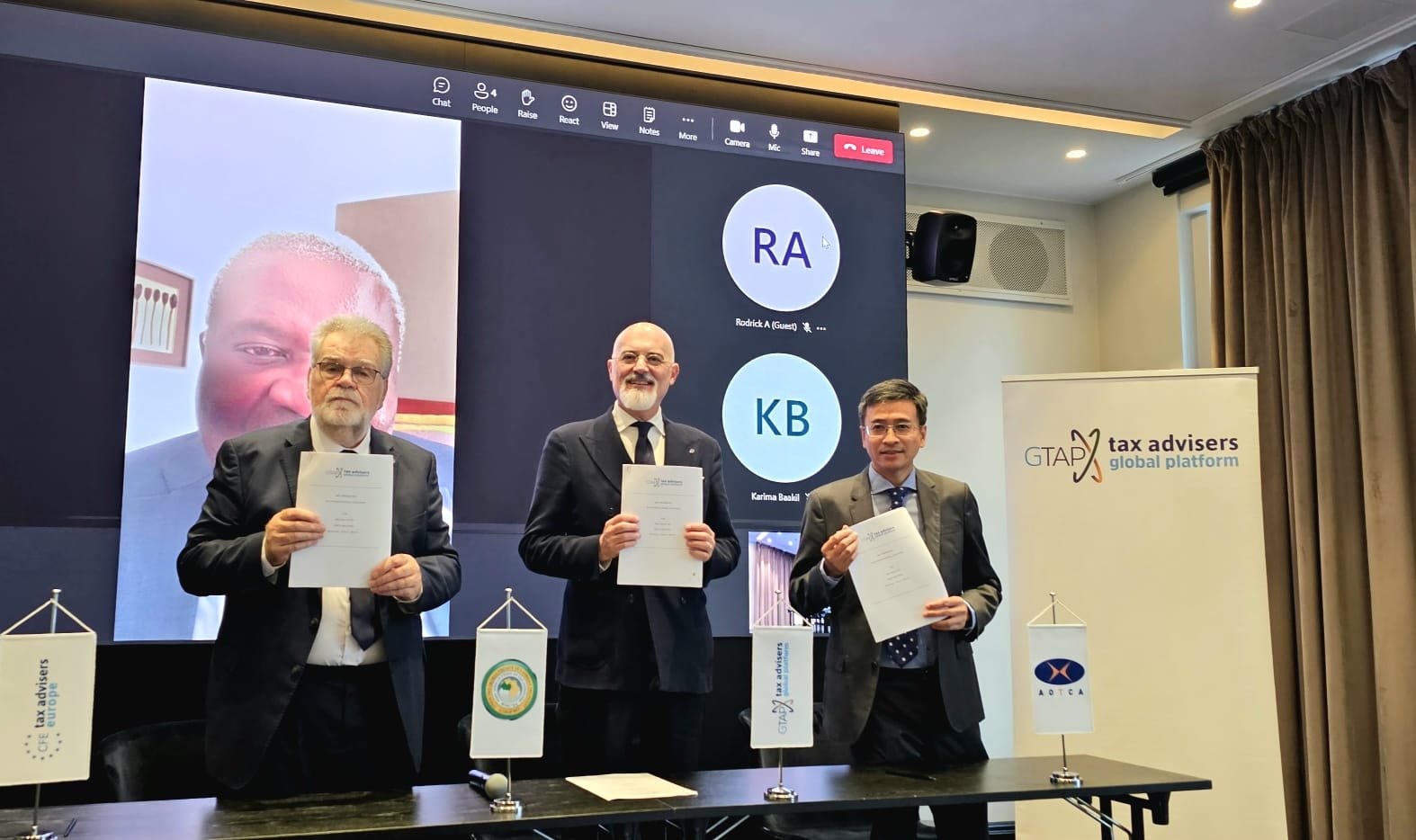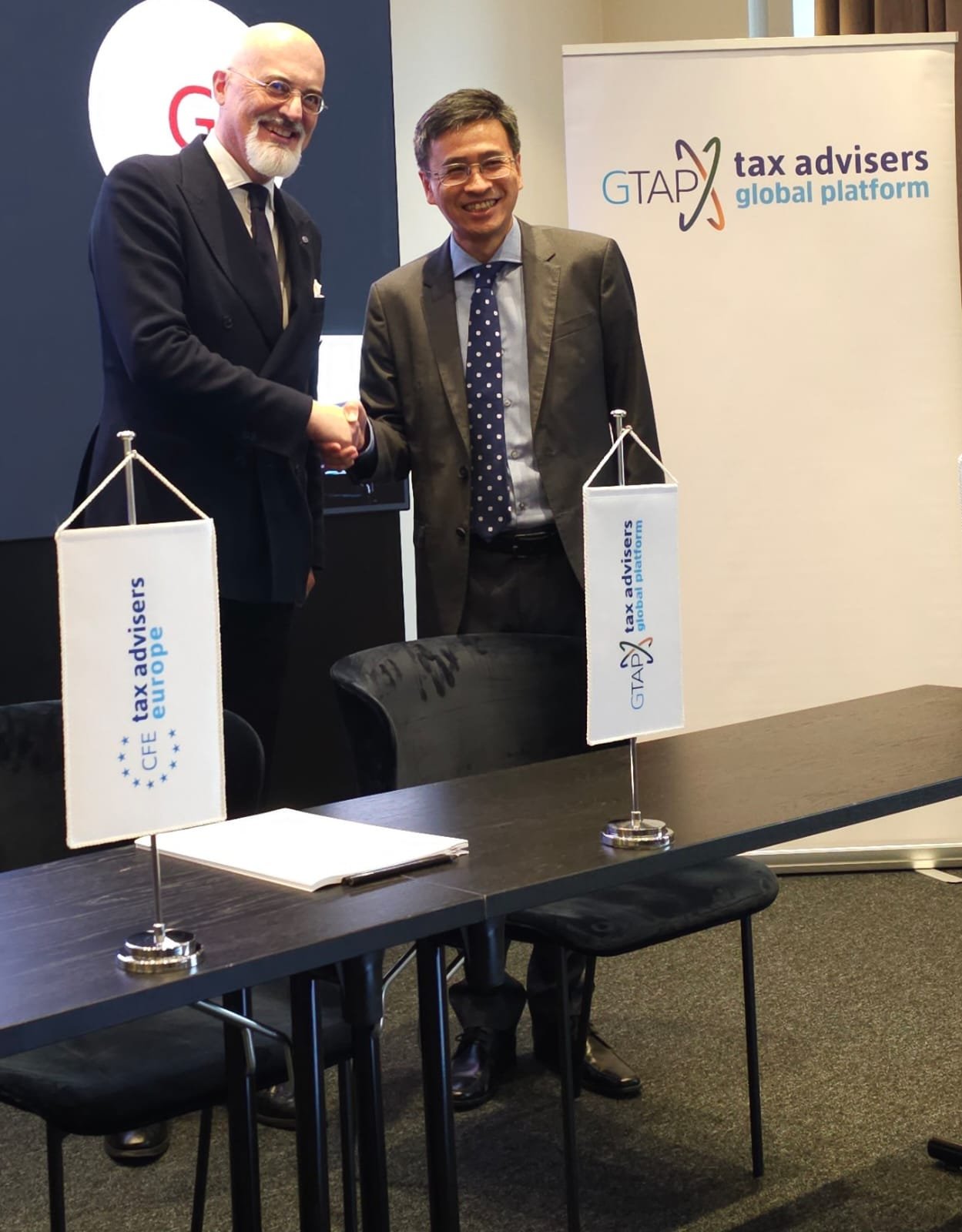While data-centred business models are claiming an ever-growing share of worldwide revenue, regulatory efforts to identify proper tax rules for the relevant activities are intensifying. It is questionable whether or not the proposals currently on the table capture the distinctive features of the data economy. The formulation of appropriate tax rules requires a thorough understanding of the mechanics of data processing activities and due consideration of the difference between information, which is an intangible asset, and tangible assets.
It is widely acknowledged in the areas of business, legislation and policymaking, as well as administration and human rights protection, that the dominion of data is increasing. This is clearly illustrated by the series of legislative initiatives launched and/or adopted in order to provide a legal framework applicable to the unstoppable flow of data.
Data collection and analysis are not, however, new processes. In particular, data processing is deemed to encompass:
any operation or set of operations which is performed on personal data or on sets of personal data, whether or not by automated means, such as collection, recording, organisation, structuring, storage, adaptation or alteration, retrieval, consultation, use, disclosure by transmission, dissemination or otherwise making available, alignment or combination, restriction, erasure or destruction.
Published in: European Taxation, 2019 (Volume 59), No. 5 - 15 April 2019
Download













